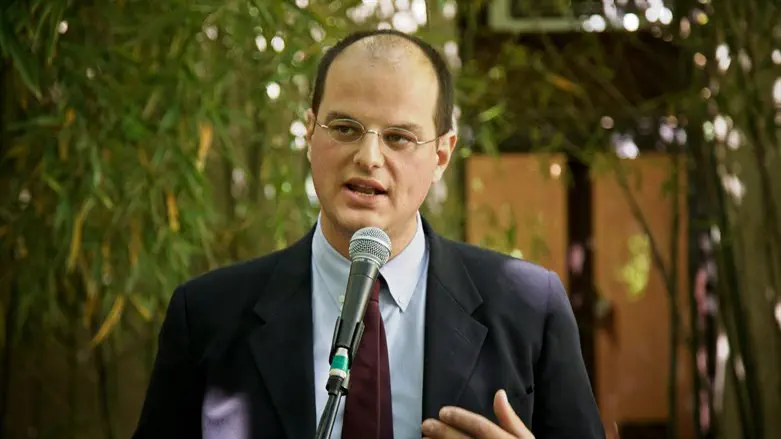
At a funeral in the Kurchaloyevsky district of Chechnya, a Muslim cleric announced that the families of Abdulbek Taramov and Tamirlan Isaev would each receive one million rubles (7,000 euros) and a cow. A few days earlier, an Islamic scholar from the Chechen capital of Grozny, Salakh Mezhiev, had declared the Russian invasion a 'jihad'. The Washington Post wrote on one of the most important but least told aspects of the war in Ukraine: the role of Islam.
The Chechens are fighting on both sides. Among the first Russian victims whose name became public was a Muslim from Dagestan, Nurmagomed Gadzhimagomedov. Numerous Muslim names have already appeared in the lists of prisoners and, according to the analysis of Radio Free Europe, “one third of the victims of the Russian army have non-Slavic and Muslim names".
Many fallen come from Ingushetia, the Islamic republic planted in the middle of the Caucasus, between Georgia and Chechnya, where the end of the USSR caused a long season of jihadist violence: Abubakar, Alik, Ramzan, Yunus, Musa, Movsar. In Dagestan, which stood up to the Russians for centuries, the parade Nurmagomed Gadzhimagomedov was presented by the president in an epic way: "When the Ukrainians surrounded him, he detonated a grenade and took them away with him."
The Chechen leader Ramzan Kadyrov had his photograph taken in front of the bodies of Abdulbek Taramov and Tamirlan Isaevand, who went to war shouting “Allahu Akbar”.
From Kamil Samigullin, the mufti of the Russian Republic of Tatarstan, to the Russian mufti Albert Krganov, all Islamic clerics have so far supported the Kremlin.
In the Ukrainian war, Turkey plays a fundamental military role (its deadly drones are fundamental to Ukraine). But also politically. In the Turkish city of Antalya, a trilateral was held between the United States, Qatar and a Taliban delegation.
On the one hand in Ukraine there are 10,000 Chechens under the orders of the Chechen lord Kadyrov loyal to Moscow. On the other hand, lined up with Ukraine, the Sheikh Mansur battalion, active in the south-east, especially in Mariupol, and the Dzhokhar Dudayev battalion (named after the first president of Chechnya in the 1990s).
Foreign Policy called it "Putin's Islamic nightmare".
For this reason, as the Russian scholar Paul Globe recounts in a paper for the Jamestown Foundation, "the restriction on conscription in Dagestan, first imposed at the time of the first Chechen war in the mid-1990s, but revoked three o four years ago, it continues unofficially and certainly continues to be applied elsewhere in the North Caucasus. Many Russian government officials and officials do not want the number of Muslims in the ranks to reflect their true percentage in the draft age cohort. This figure is significantly higher than the overall share VAT of Muslims on the Russian population (15-18 per cent) because Muslim nationalities are growing faster than non-Muslim and especially Slavic ones”. If in total Muslims are 15-18 per cent, among young people of conscription age we speak of 30-40 per cent. The Russian future is there….
Demographics are on their side. "The number of Chechens has increased by 50 per cent since 1991, that of lesions by 60 per cent and that of Ingushes by up to 90 per cent, all ethnic Islamic groups", Die Zeit explained. The International Quran News Agency headlines: "Islam will be the dominant religion in Russia in 2050".
At the time of the First World War, it was Tsar Nicholas I who coined the expression "great sick man of Europe" for the Ottoman Empire. Today it is a Turk, Recep Tayip Erdogan, who defines Europe as the sick man. Islam has three things that we Europeans no longer have: numbers, faith and patience. Like China, the Ummah awaits the Christian corpse on the river bank.
